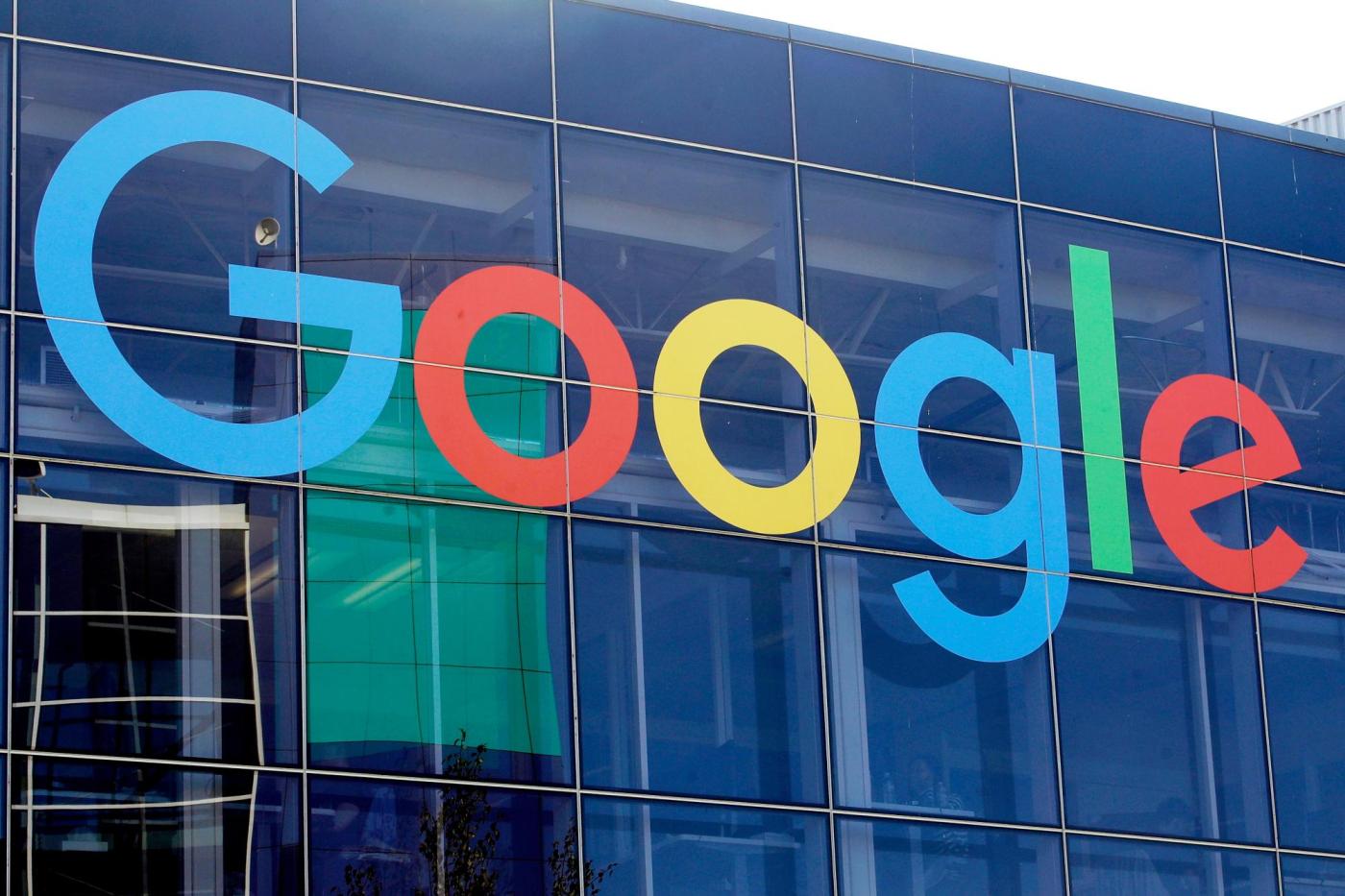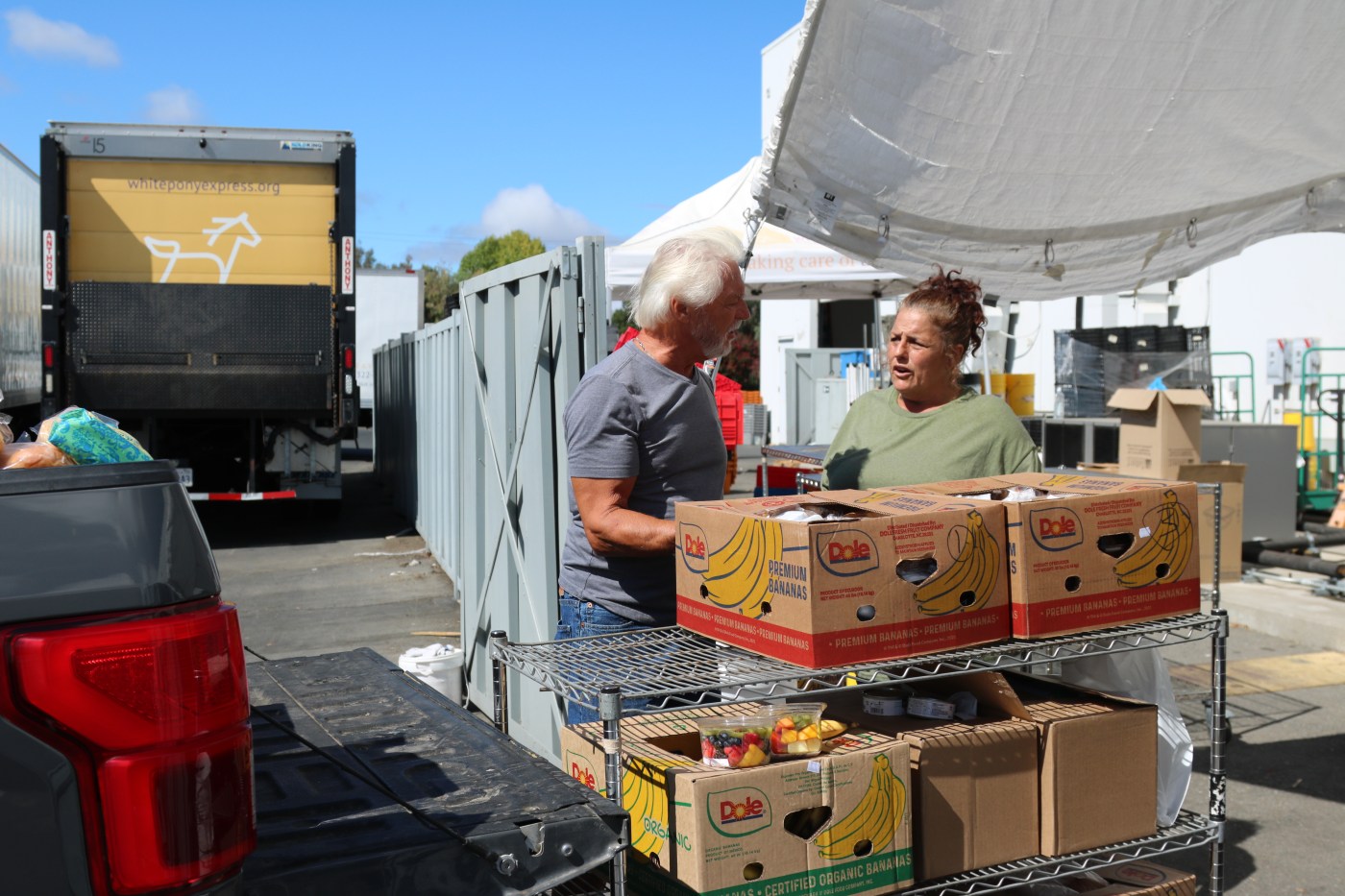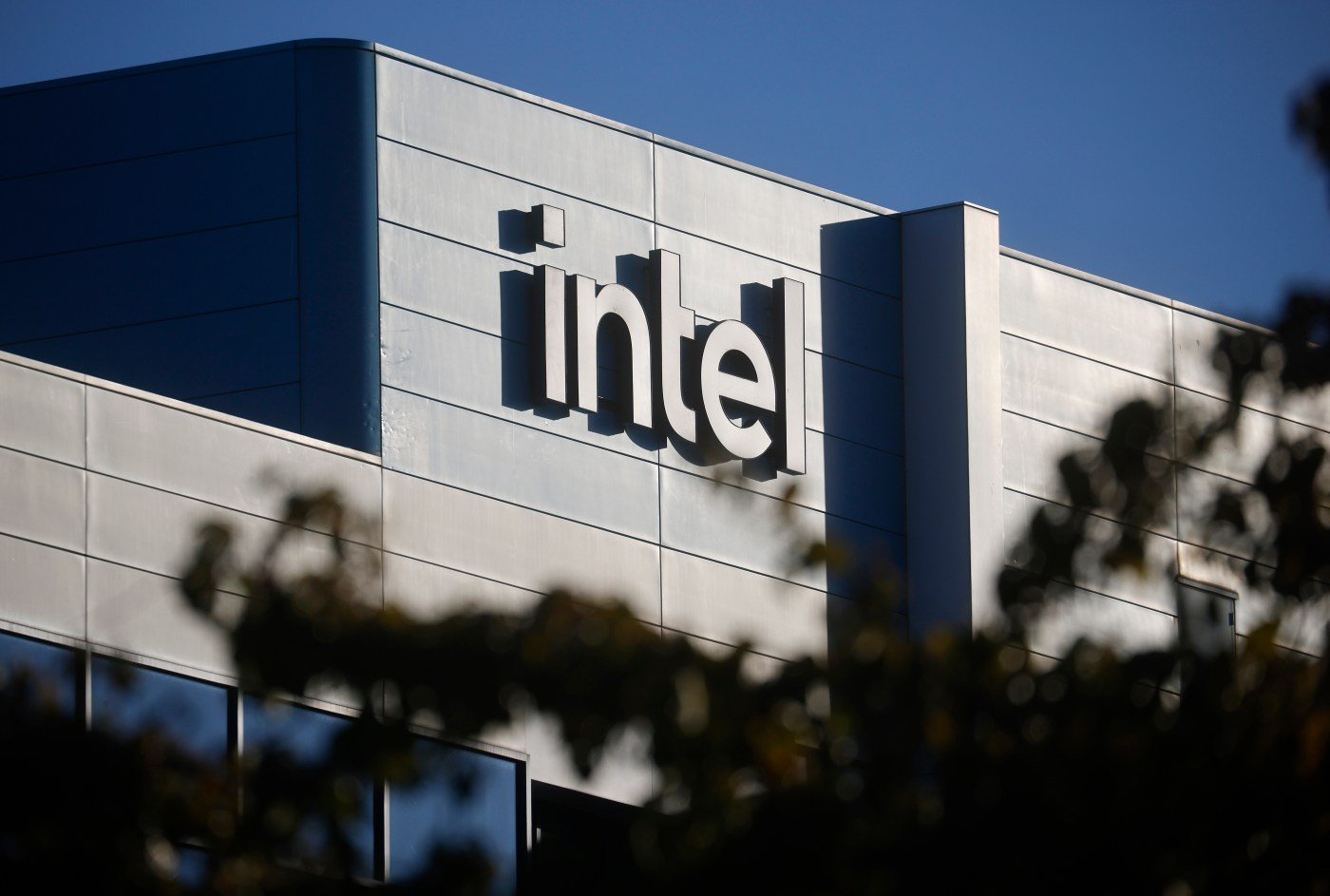(Bloomberg/Dina Bass and Will Wade) — Alphabet Inc.’s Google has agreed to purchase 200 megawatts of power from Commonwealth Fusion System’s planned first commercial plant, which is expected to begin delivering electricity to the grid in the early 2030s.
Google is also making a second investment in Commonwealth, a leading contender in the effort to commercialize fusion power, according to a statement Monday. Google participated in a 2021 funding round led by Tiger Global Management that put $1.8 billion into the company. The companies declined to disclose the size of either investment.
Fusion technology, which seeks to recreate the same source that power stars, offers the promise of abundant clean energy, but the engineering challenges are significant and daunting. So far, no companies have replicated the 2022 breakthrough at a US government laboratory that demonstrated that the concept is viable. Still, the allure of cheap, carbon-free power has sparked the interest of technology companies like Google, which need to run expanding fleets of data centers to support the cloud and artificial intelligence.
Related Articles
Jill On Money: Social insecurity 2033
Federal judge denies OpenAI bid to keep deleting data amid Daily News copyright lawsuit
Apple, Google told DeepSeek app is illegal in Germany
Nvidia breakout puts $4 trillion market value within reach
Supreme Court upholds Texas law aimed at blocking kids from seeing pornography online
Training and running AI requires significant energy. Google and rivals including Microsoft Corp. have noted that AI’s impact is making it harder to meet some climate goals.
Scaling AI “means accelerating advanced energy solutions to drive more clean energy on the grid now, so that we can meet power demand within the next decade. It also means taking bigger bets that are further out,” said Michael Terrell, head of advanced energy at Google. “I would certainly put this in the long-term category,” he said, referring to the agreement with Commonwealth.
While the deal with Google is the biggest yet for fusion power, it’s small compared with the vast power demands that technology companies have. Conventional nuclear power plants typically have about 1 gigawatt of capacity, while 200 megawatts is roughly equivalent to a midsize solar farm.
Commonwealth, which was spun out of the Massachusetts Institute of Technology, has raised more than $2 billion, far more than any of its rivals. The company in December said it had leased a site near a Dominion Energy Inc. natural gas plant in Virginia, where it’s planning its first commercial-scale power plant.
Fusion, and the dozens of startups working on it, have attracted growing interest from other well-known names in tech, including Bill Gates, already a Commonwealth backer, Jeff Bezos and OpenAI Chief Executive Officer Sam Altman. Microsoft agreed in 2023 to buy some of the energy generated by a planned fusion plant from Helion Energy, a startup backed by Altman and SoftBank’s Vision Fund 2.
Commonwealth has been building a demonstration system at its Devens, Massachusetts, headquarters. That device, Sparc, is expected to achieve a critical milestone in 2027, triggering a fusion reaction that generates more energy than is needed to sustain the process. That will pave the way for Arc, the larger, commercial version that may go into service at the Virginia site in the early 2030s. Google’s previous investment in Commonwealth went toward research and development of the company’s high-temperature supercomputing magnets, which are used to contain a superheated cloud of plasma that releases energy as hydrogen atoms fuse into heavier elements. The additional capital will help Commonwealth fund development of both Sparc and Arc simultaneously instead of one after the other, said Bob Mumgaard, the company’s CEO.
The deal with Google is a validation of the potential market for fusion energy, he said. “We now have a customer — there will be other customers,” Mumgaard said. “That shows there’s demand for fusion.”
More stories like this are available on bloomberg.com
©2025 Bloomberg L.P.





